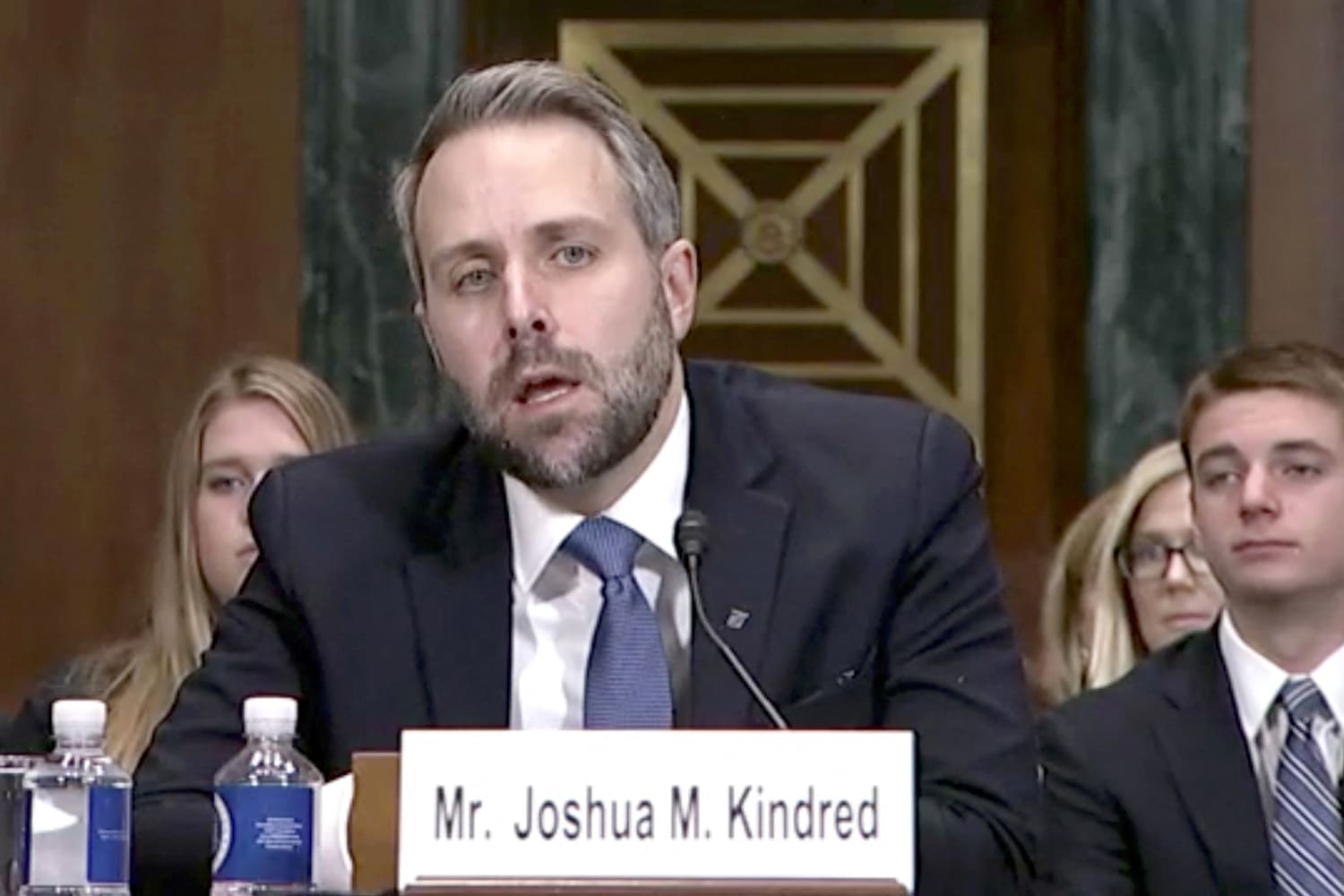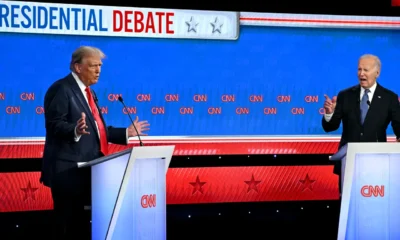Entertainment
A Trump-appointed federal judge in Alaska has resigned after an investigation found that he had an inappropriate relationship with a law clerk and then lied about it — in addition to creating a hostile work environment that included graphic sexual remarks to colleagues.

The judiciary world was rocked as a Trump-appointed federal judge from Alaska tendered his resignation amidst a storm of controversy. The decision came following an investigation that unearthed serious misconduct, including an inappropriate relationship with a law clerk and deceitful actions regarding the affair.
The scandal, which has sent shockwaves through legal circles, also revealed a troubling pattern of behavior creating a hostile work environment. Colleagues reported instances of graphic sexual remarks, further complicating the judge’s tenure and reputation.
The allegations against the judge highlight significant breaches of ethical conduct and professional standards within the judiciary. The revelation of an undisclosed relationship with a subordinate raises concerns about abuse of power and conflicts of interest, casting a shadow over the integrity of judicial proceedings.
In response to the findings, the judge chose to resign rather than face potential disciplinary actions or impeachment proceedings. The decision to step down underscores the gravity of the situation and the need for accountability within the judiciary system.
The fallout from this scandal extends beyond the individual judge, impacting trust in the judicial process and raising questions about oversight and accountability measures within the federal judiciary. It serves as a stark reminder of the importance of upholding ethical standards and maintaining a respectful work environment within all branches of government.
As the legal community grapples with the aftermath of this controversy, discussions are likely to intensify around judicial ethics, transparency, and the mechanisms in place to address misconduct. The resignation of the federal judge in Alaska marks a significant chapter in the ongoing dialogue about integrity and accountability in public office.
























